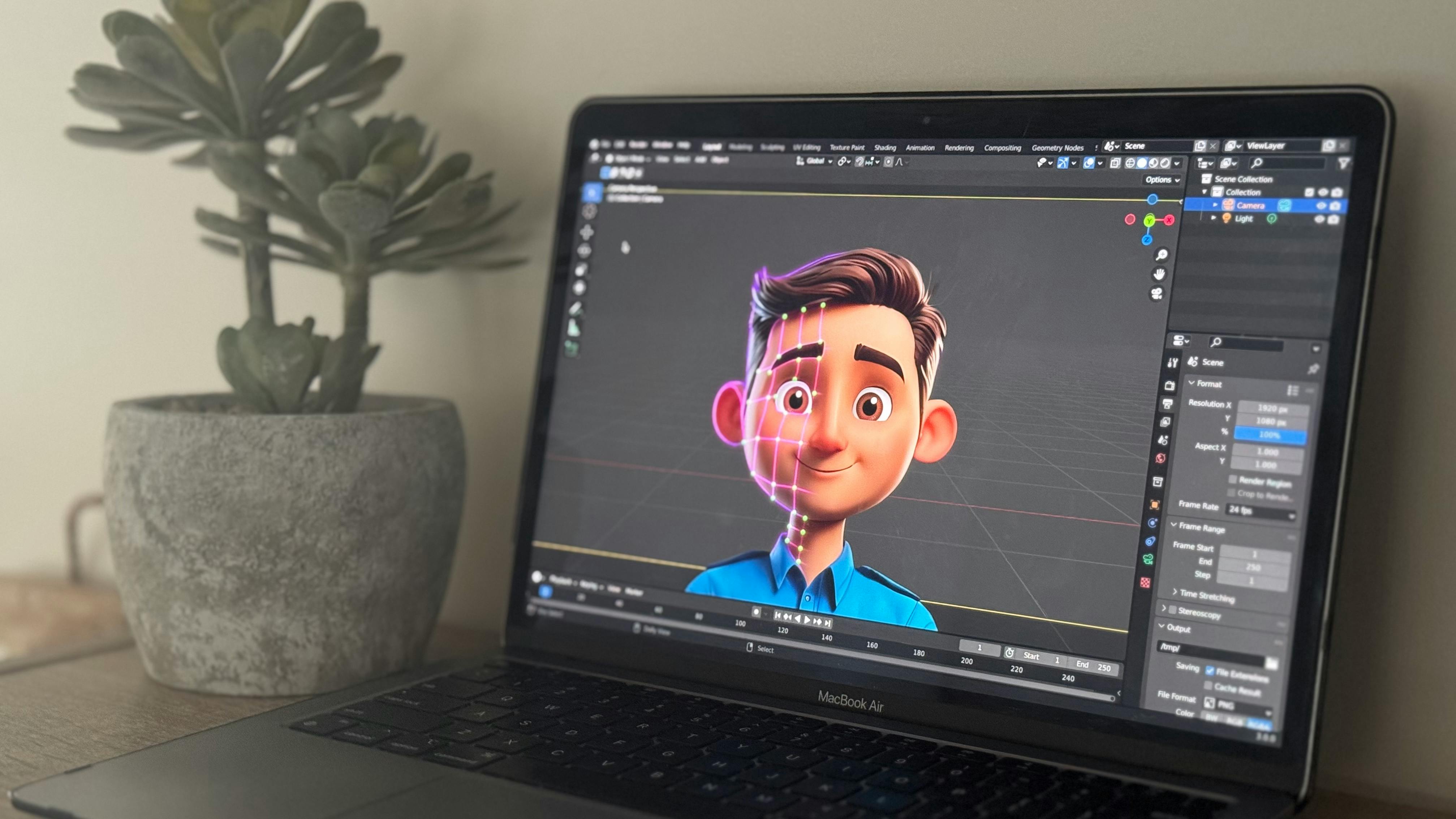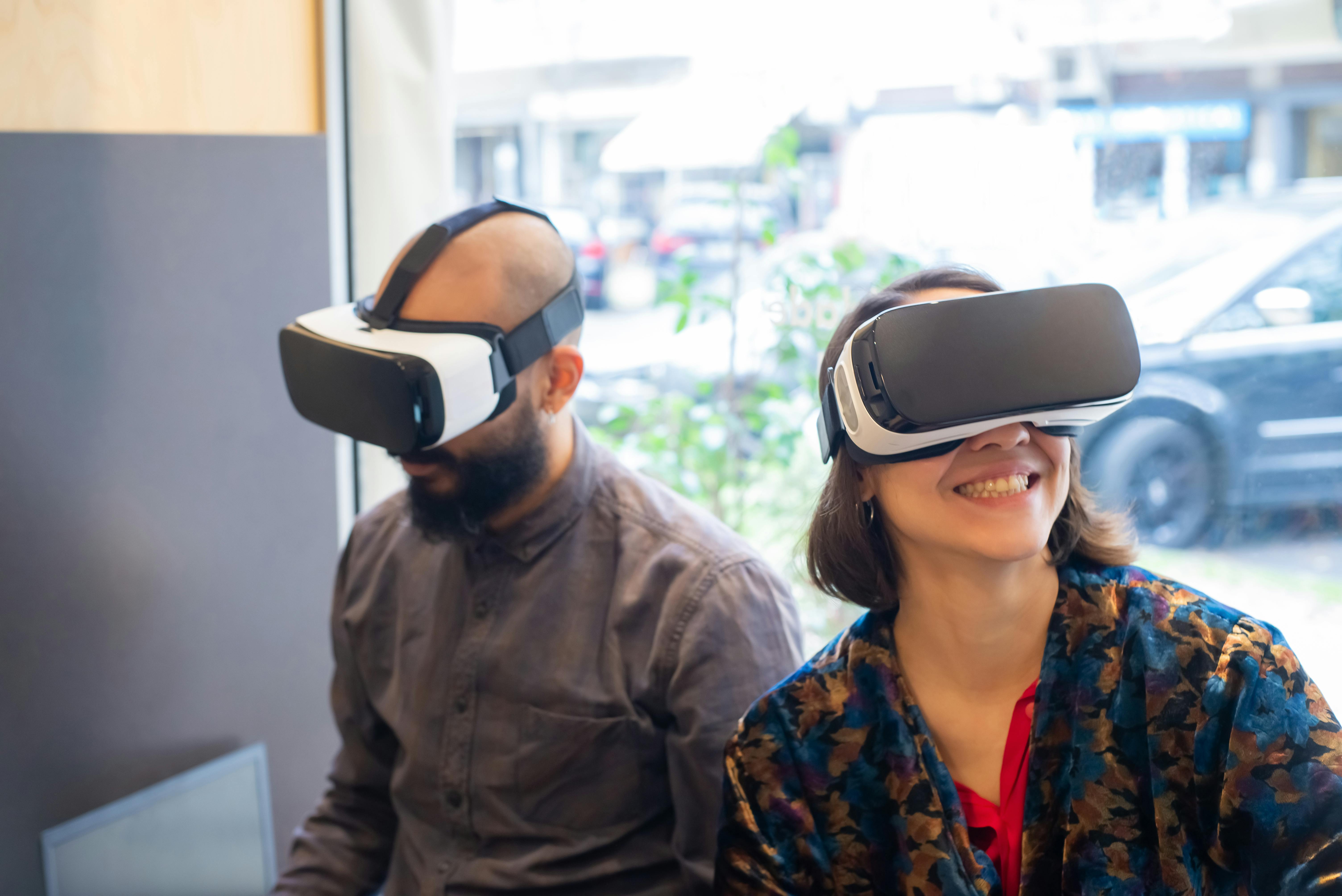Metaverse For Virtual Events: What You Need to Know
Sep 16, 2024
The metaverse is rapidly transforming the landscape of virtual events, offering new opportunities for immersive and interactive experiences. This article explores the concept of the metaverse, its application in virtual events, and what you need to know to leverage this technology effectively.
Introduction
The metaverse is no longer a distant future concept; it’s here and reshaping the way we experience virtual events. By creating immersive, interactive environments, the metaverse is enhancing engagement and providing unique opportunities for event organizers. This article will guide you through the essentials of using the metaverse for virtual events.
What is the Metaverse?
Definition
The metaverse is a collective virtual shared space, created by the convergence of virtually enhanced physical reality and physically persistent virtual spaces. It includes augmented reality (AR), virtual reality (VR), and other digital technologies.
Key Characteristics
Interoperability: Seamless integration across various platforms.
Persistence: Continuous existence of virtual spaces, even when not in use.
Immersiveness: High level of user engagement and interaction.
The Rise of Virtual Events
Evolution of Virtual Events
Virtual events have seen a remarkable evolution, especially accelerated by the global pandemic. They offer unmatched flexibility and reach, surpassing physical events in many aspects, thus becoming indispensable tools for businesses and organizations. These digital gatherings allow companies to connect with a global audience without the geographical and logistical constraints associated with traditional events.
Limitations of Traditional Virtual Events
Despite their advantages, traditional virtual events often fail to replicate the engagement and dynamism of in-person interactions. They typically lack the elements of personal touch and real-time interaction, leading to a passive and less engaging experience for attendees. This gap in experiential quality is precisely where the Metaverse steps in, offering a richer, more immersive experience.
How the Metaverse Enhances Virtual Events
Immersive Environments
The Metaverse excels in creating fully immersive environments that extend beyond mere visual and auditory interactions. Here, attendees can navigate and manipulate their surroundings, offering a sense of presence that traditional virtual platforms struggle to achieve. This level of immersion ensures that participants are not just observing but are actively engaging with the content and each other.
Enhanced Interactivity
With the introduction of features such as customizable avatars, virtual goods, and interactive elements, the Metaverse transforms passive viewers into active participants. This enhanced interactivity not only makes the experience more enjoyable but also significantly increases the retention and impact of the event.
Networking Opportunities
Networking in the Metaverse mimics the fluid, spontaneous interactions of physical events, thanks to virtual lounges and thematic breakout rooms. These spaces facilitate discussions, idea exchanges, and professional networking in a more natural and engaging manner than traditional web conferencing tools can provide.
Benefits of Metaverse for Virtual Events
Increased Engagement
The immersive nature of the Metaverse, with its ability to create rich, interactive virtual worlds, captures and maintains attendees’ attention far better than traditional virtual settings. This engagement is fostered through interactive features such as real-time interactions and personalized avatars.
Accessibility
The Metaverse eradicates physical and geographical barriers, enabling a truly global reach. Participants can join from any location with internet access, greatly expanding the potential audience for events.
Cost-Effectiveness
Metaverse events eliminate many costs associated with physical events, including venue hire, logistical arrangements, travel, and accommodation, making high-scale events more economically feasible.
Customization
Each Metaverse event can be uniquely designed to fit the theme and branding of the occasion, providing a tailored experience that can dynamically change in response to attendee interactions.
Challenges and Considerations
Technical Barriers
The reliance on advanced VR/AR hardware and robust internet connections can exclude participants who lack access to such technology or face connectivity issues.
Learning Curve
There is a notable learning curve as participants adapt to the functionalities of the Metaverse. This technology demands familiarity with digital navigation and interaction, which can initially hinder participant experience.
Security Concerns
The open and interconnected nature of the Metaverse presents significant challenges in safeguarding user data and ensuring privacy, especially when sensitive information is involved.
Case Studies of Successful Metaverse Events
Virtual Concerts: Lil Nas X on Roblox
In November 2020, Lil Nas X hosted a virtual concert on Roblox, attracting over 33 million views across multiple showings. The event featured a fully immersive virtual world with stunning visuals, interactive elements, and exclusive in-game merchandise. Fans could explore different themed environments, participate in virtual activities, and experience the concert as if they were attending in person. This groundbreaking event demonstrated the potential of the metaverse to deliver large-scale, interactive entertainment experiences.
Corporate Conferences: IBM Think 2021
IBM transformed its annual Think conference into a fully virtual event in 2021, utilizing the metaverse to create an engaging and interactive experience. The conference featured virtual keynote presentations, breakout sessions, and networking lounges where attendees could interact using avatars. IBM integrated advanced AI and VR technologies to facilitate real-time collaboration and personalized content recommendations. This approach not only expanded the event’s reach but also provided a more dynamic and engaging experience for participants.
Educational Events: Stanford University’s Virtual Campus
Stanford University developed a virtual campus within the metaverse for its Fall 2020 semester, allowing students to attend classes, socialize, and participate in campus activities remotely. The virtual campus replicated the physical layout of Stanford, providing students with familiar surroundings. Using VR headsets, students could attend lectures, collaborate on projects, and engage in extracurricular activities. This innovative approach maintained a sense of community and continuity during the pandemic, showcasing the potential of the metaverse in education.
Event Showcases: Middle East Event Awards
The Middle East Event Show, organized by Informa Connect (Middle East), brought over 1500+ event professionals together for two days of immersive learning and collaboration. SpaceTo created a custom metaverse that allowed attendees to explore a virtual environment from their mobile phones. Features included personalized avatars, a 3D designed space with ambient lighting, and live interactions streamed to a large screen at the event. This hybrid engagement enhanced participation and satisfaction, demonstrating the effectiveness of the metaverse in creating dynamic and interactive event experiences.
Future Trends in Metaverse for Virtual Events
Hybrid Events
The integration of physical and virtual elements is set to redefine event experiences, creating hybrid events. These gatherings will leverage the tactile benefits of in-person interactions with the expansive capabilities of virtual environments, catering to a broader audience.
Improved Technology
Continual advancements in VR/AR, AI, and blockchain technologies are poised to enhance the functionality and reach of the Metaverse, making virtual environments more realistic, interactive, and secure.
Greater Adoption
As these technologies become more user-friendly and cost-effective, we can expect an increase in their adoption across various industries. This will broaden the scope and scale of virtual events, making them a standard feature in global business strategies.
Conclusion
The metaverse is revolutionizing the way we conduct virtual events, offering unprecedented levels of engagement and interaction. By leveraging this technology, event organizers can create memorable and impactful experiences for their attendees. As the metaverse continues to evolve, its potential for virtual events is limitless.






